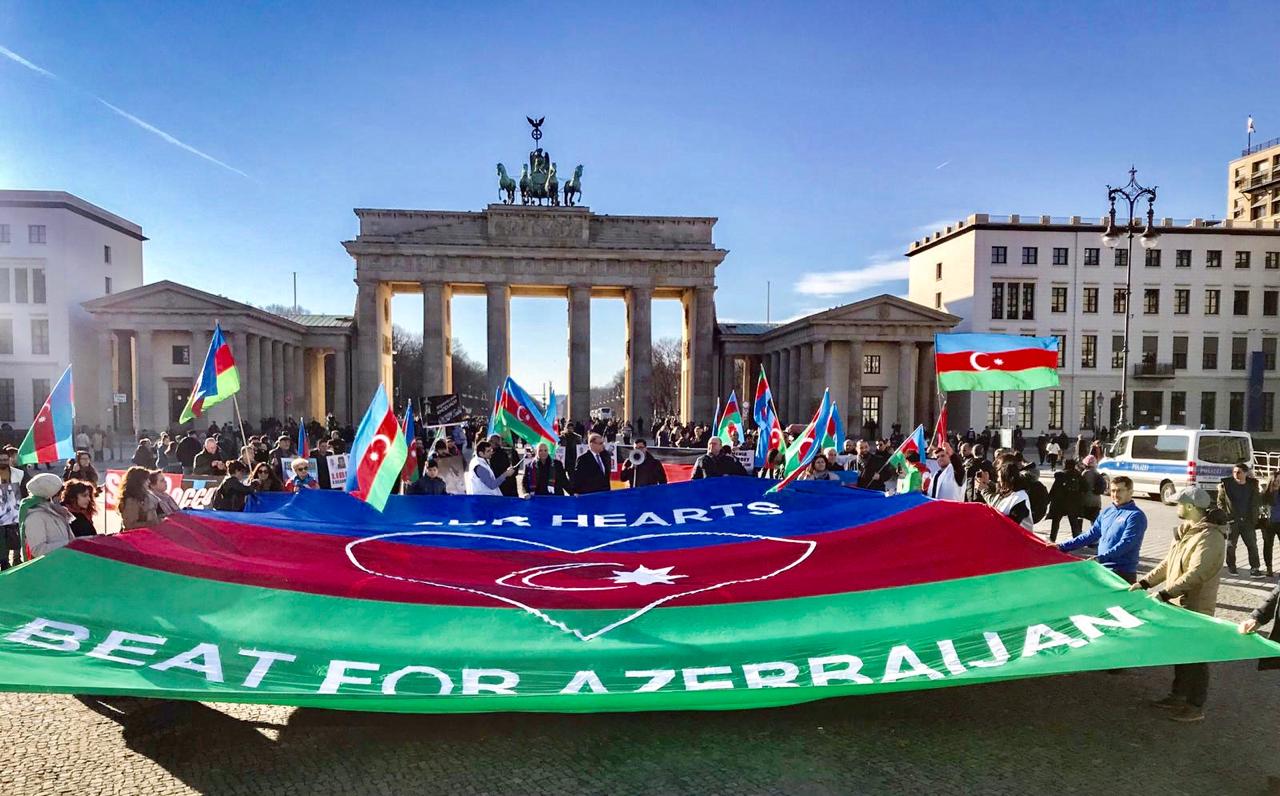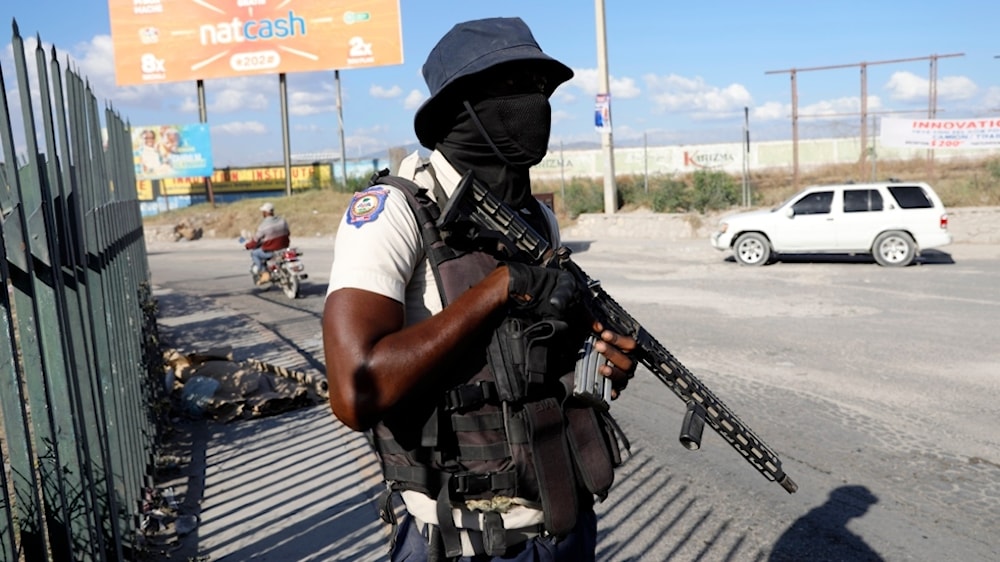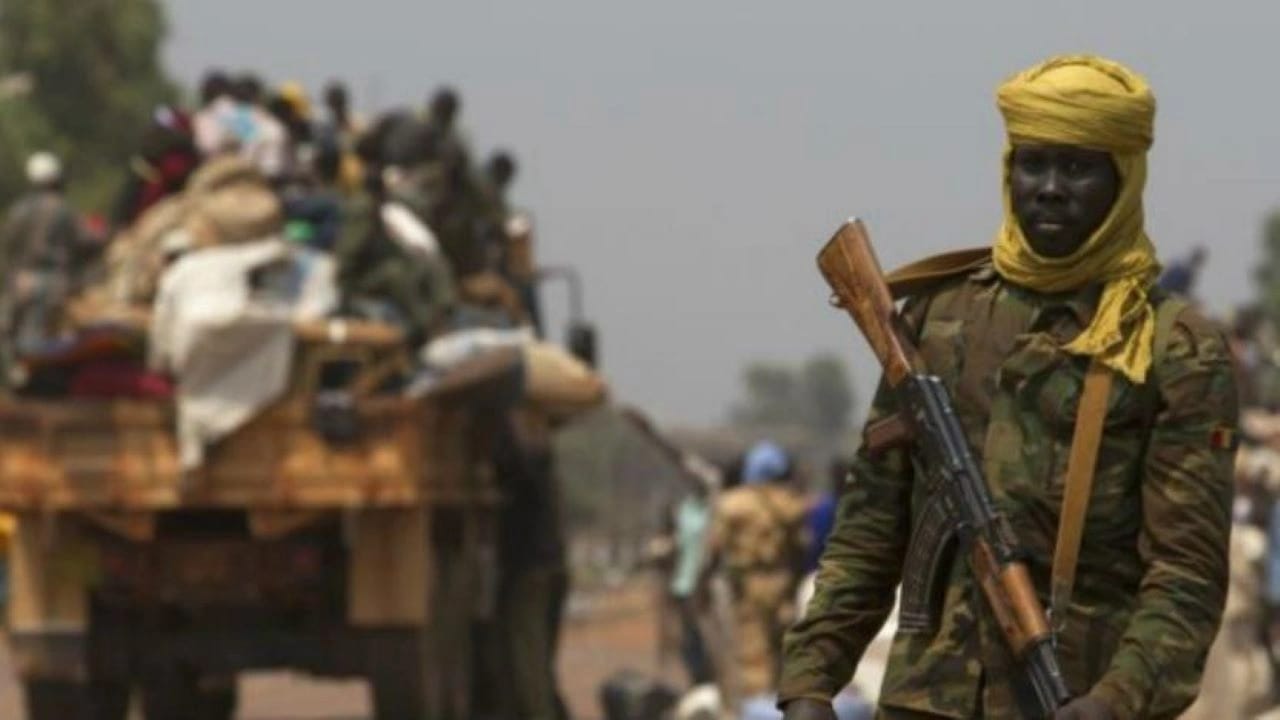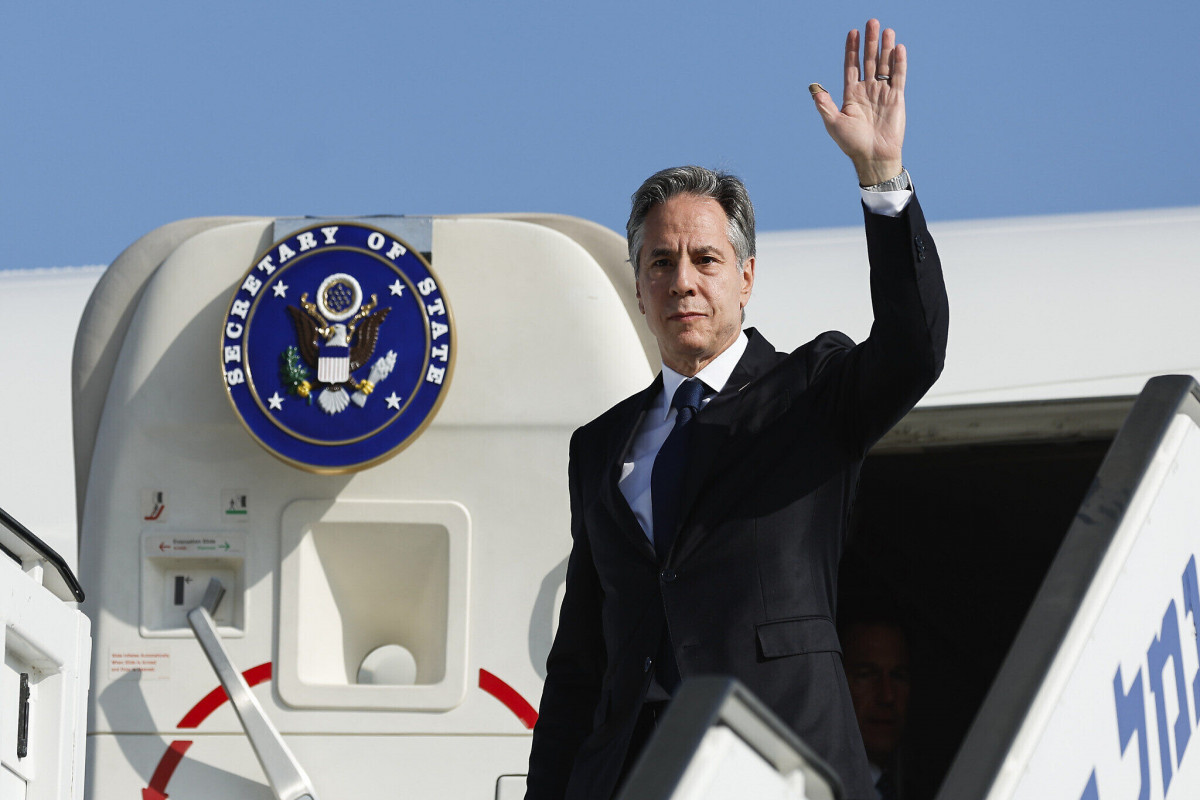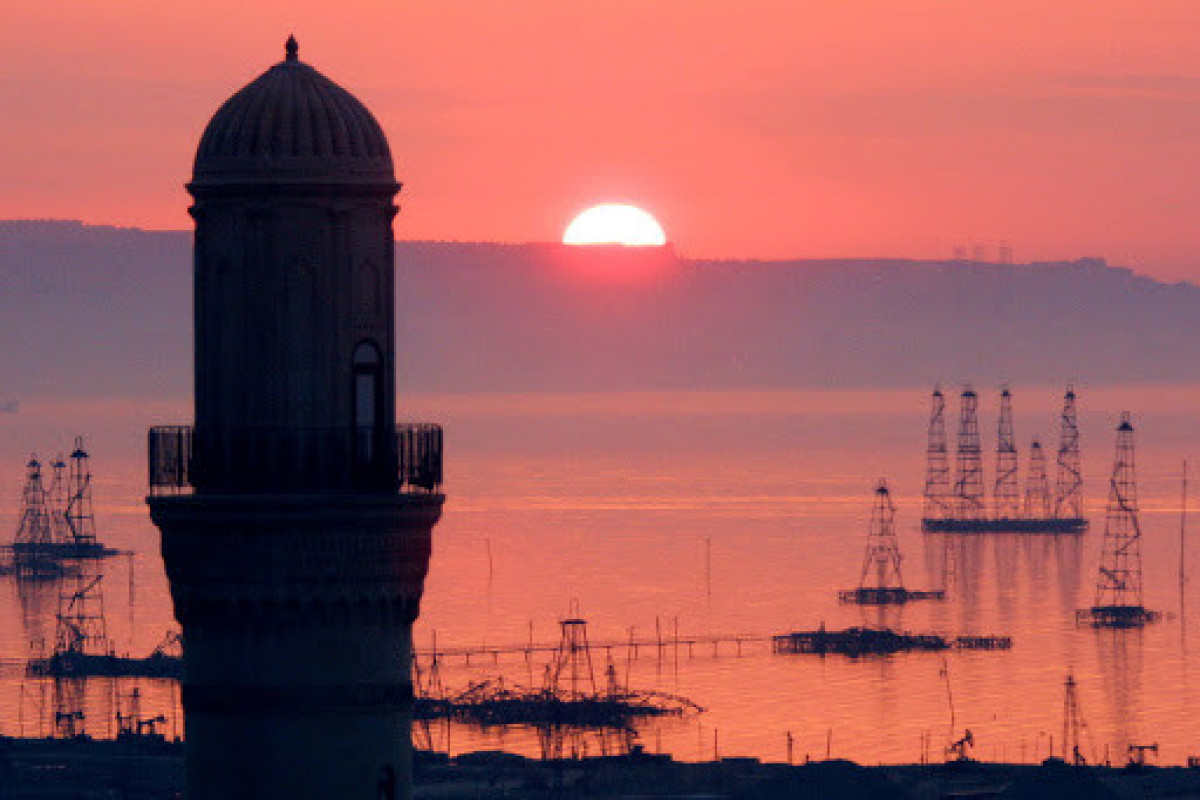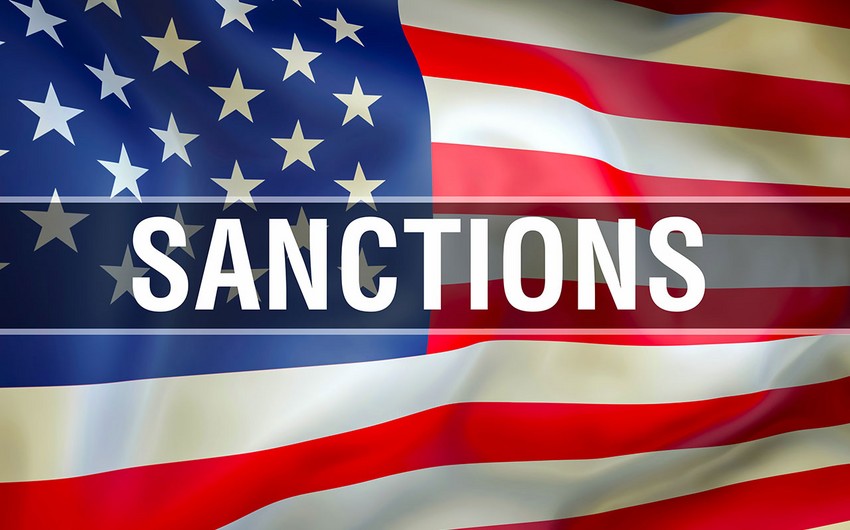Eurasia Diary presents an article titled "Azerbaijan and Armenia: War or Peace!" published in Asharq Al-Awsat.
Article by Omer Onhon, expert on regional studies.
Military forces of Armenia and Azerbaijan fought a brief war with dozens of casualties on both sides. At a time when the war in Ukraine continues with major implications all over the world, the tension turned physical in the Caucasus has been extra concerning.
Armenia and Azerbaijan, which were both part of the former Soviet Union, engaged in a war soon after they declared their independence following the demise of the USSR. Armenia was victorious and captured large pieces of territory from Azerbaijan, including Nagorno-Karabakh. The war ended with a Russian-brokered ceasefire in 1994.
The following three decades have been marked by half-hearted diplomatic attempts to find a solution as well as occasional military clashes. The Conference on Security and Cooperation in Europe (OSCE) led the way in efforts to find a solution to the Azerbaijan-Armenia conflict.
In 1992, the OSCE established the Minsk Group (co-chaired by the US, Russia, and France) to deal with the issue. The group has not succeeded because of international power politics as well as Armenia’s unwillingness to engage as the country with the upper hand in the field and the belief of Azerbaijan that the co-chairs of the group were pro-Armenian.
Nothing changed until the six-week war in 2020 (the second Karabakh war) when, this time, Azerbaijan inflicted a crushing defeat on the Armenian side and claimed back almost all of its territories under occupation.
There are various factors that are part of the bigger picture in the conflict between Azerbaijan and Armenia.
Armenia is a member of the Collective Security Treaty Organization which was founded in 1992 by Russia as a tool to consolidate and safeguard its position in what it considers near abroad. Russian bases and troops are in Armenia to protect the country’s external borders.
During the second Karabakh war in 2020, Russia did not interfere as the Azeri offensive did not target Armenia but covered its own territories under Armenian occupation, namely Nagorno-Karabakh. Russia was also not unhappy with Prime Minister Nikol Pashinyan, which it considered pro-western, coming under some serious pressure.
Eventually, the war ended, once again, with a Russia-brokered peace agreement. (The Statement by the President of Azerbaijan, Prime Minister of Armenia, and President of Russia agreed on November 10, 2020).
Articles 3 and 4 of this statement are about the deployment of Russian peacekeepers in Nagorno-Karabakh. According to these articles, Russia will have 1,960 peacekeepers armed with firearms, 90 armored vehicles, and 380 motor vehicles. The Russian troops have been deployed along the contact line in Nagorno-Karabakh and the Lachin Corridor for a period of five years. That term can be automatically extended for subsequent five-year terms unless either Party notifies about its intention to terminate.
The terms of the Collective Security Treaty and agreement of November 2020 have provided legal basis and host nation consent for Russia in areas in what it calls its near abroad.
Then, there is the Turkish-Armenian aspect of the problem. Turks and Azerbaijanis are kin and their relations are phrased as “one nation, two states”. Turkey has always supported Azerbaijan and had an important role in the 2020 victory over Armenians.
Back in 1991, Turkey recognized Armenia as an independent state, at the same time it recognized other former parts of the Soviet Union. But the two countries have never established official diplomatic relations. Turkey closed its borders with Armenia in 1993 in response to its occupation of Azerbaijan territory.
After an unsuccessful try for reconciliation in 2009, Turkey and Armenia agreed to give it another try. In December 2021, after the second Karabakh war, both countries appointed special representatives. Since the beginning of the year representatives have met four times. Now, direct flights between the two countries have started. They have also agreed to take steps on other issues including the opening of borders for third-country citizens.
But overall, Turkey-Armenia relations are always closely knitted to the Armenia-Azerbaijan conflict. The previous attempt to reconcile failed, among other reasons, also because of Azerbaijan’s dissatisfaction with Turkey trying to reconcile with Armenia occupying its territories.
Referring to the most recent tension on the Azerbaijan-Armenia borderline, highest-level Turkish officials called on Armenia to stop provoking and focus on peace negotiations.
Iran is another important country in the region and has traditionally been closer to Armenia. Its policy toward Azerbaijan and Armenia is shaped by a number of factors, including its own Turkic/Azeri minorities which are estimated to make up around one-third of the country. Iran’s relations with Turkey and Russia is another important factor.
Regional transport and energy routes are also at the forefront of the considerations in determining Iran’s policies in the region. This can also be regarded in the framework of a competition between east-west and south-north routes of economic interaction.
Just before the recent fighting, there were some moves for a peace agreement between Armenia and Azerbaijan. The main element of such an agreement would be mutual recognition of borders, which would mean bringing to an end the Nagorno-Karabakh issue.
Among other things, an agreement of this kind would pave the way for bilateral and regional economic cooperation which is especially needed by Armenia whose economy is in dire straits.
In Azerbaijan, in particular, with regard to relations with Armenia, the nation is united behind President Aliyev. The Azeri population would back a peace agreement as they see the situation from the viewpoint of a victor’s peace.
It should be recalled that Azerbaijan is also one of the alternative gas suppliers to compensate for the lost Russian gas.
On the other side in Armenia and the wider Armenian world, there are obstacles. Despite losing Karabakh, Pashinyan won the elections in June 2021, but his election victory did not end the many serious challenges that he is facing.
Following the most recent fighting and setbacks, there have been fresh protests against him in Yerevan.
Dashnaks, an ultra-nationalist political force that came into being in 1890, Karabakh Armenians. who push to capture and keep Karabakh forever and many in the Armenian diaspora, meaning Armenians living in the US, France, and other parts of the world, lead the ultra-nationalist agenda.
Despite all difficulties, now that Armenia is back within its internationally recognized borders and as Azerbaijan has recovered its occupied territories, the time seems ripe for the two countries to resume diplomatic work for a peace agreement. Statements and declared positions indicate that almost all major actors in the international community are supportive of this.

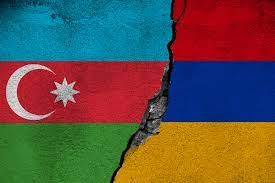



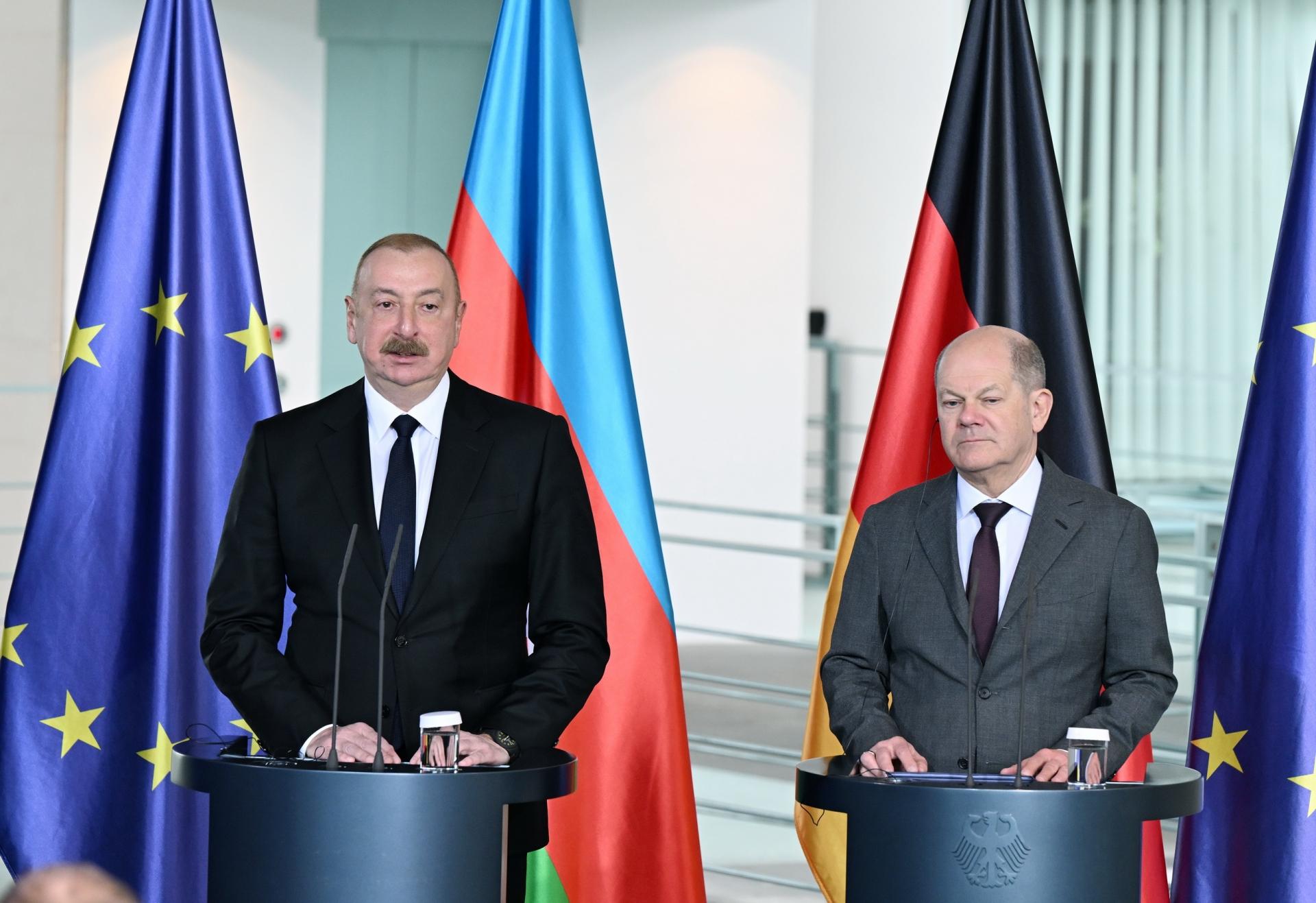
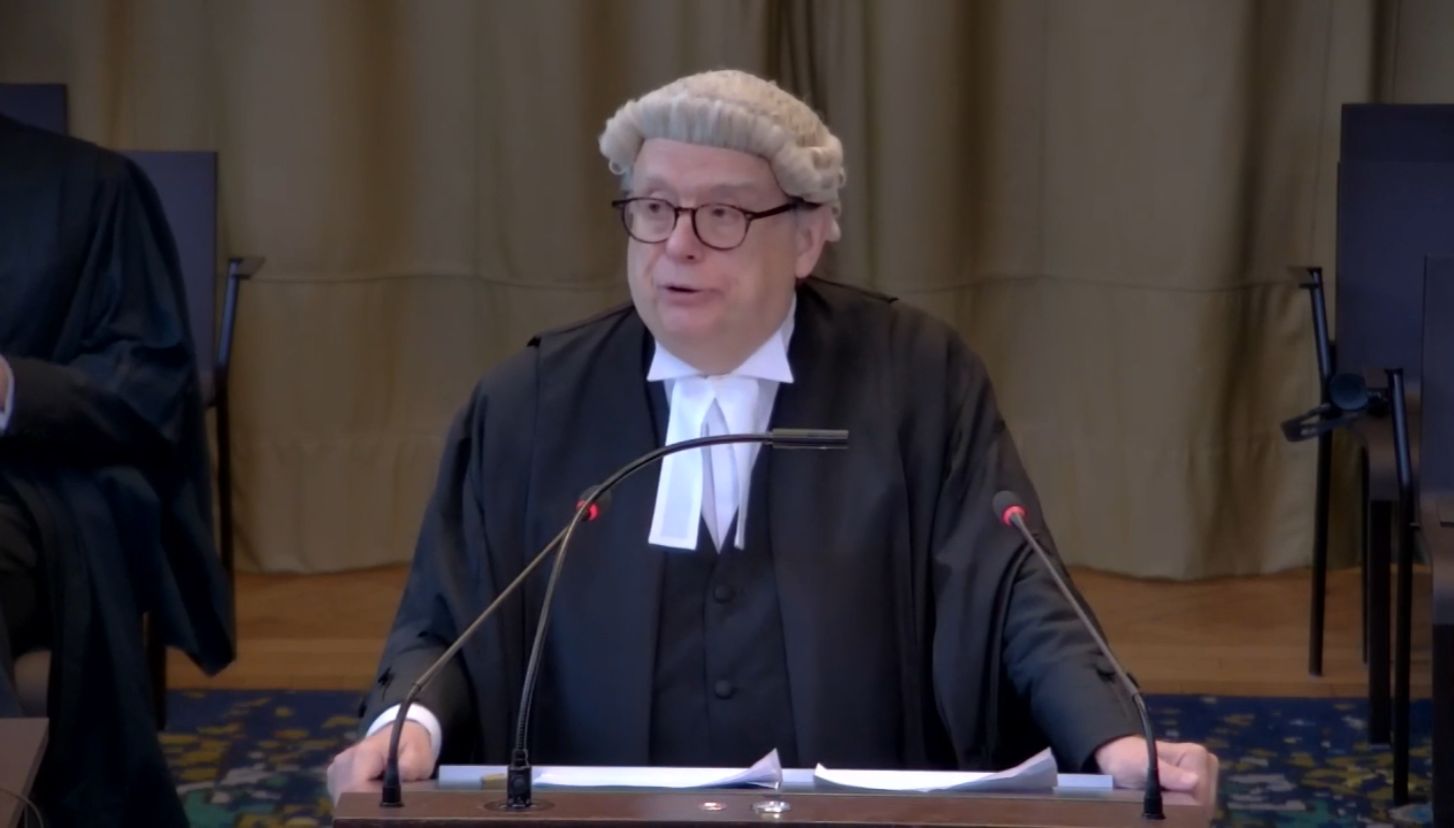
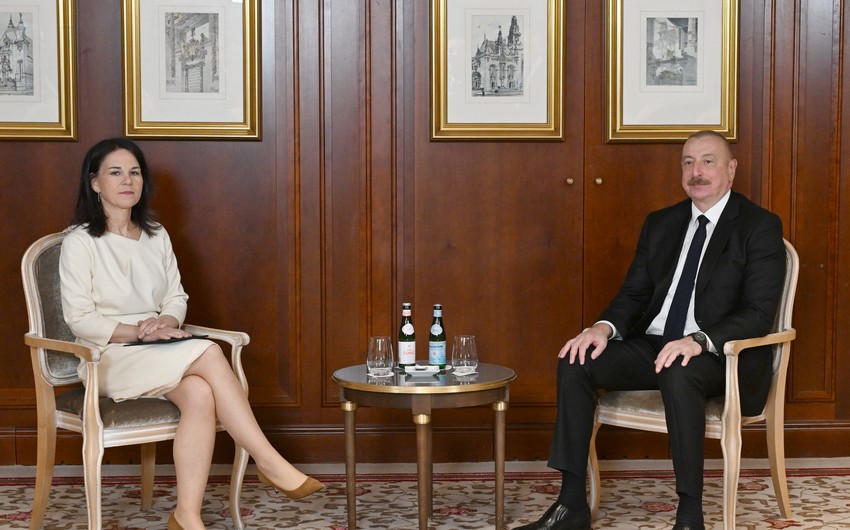
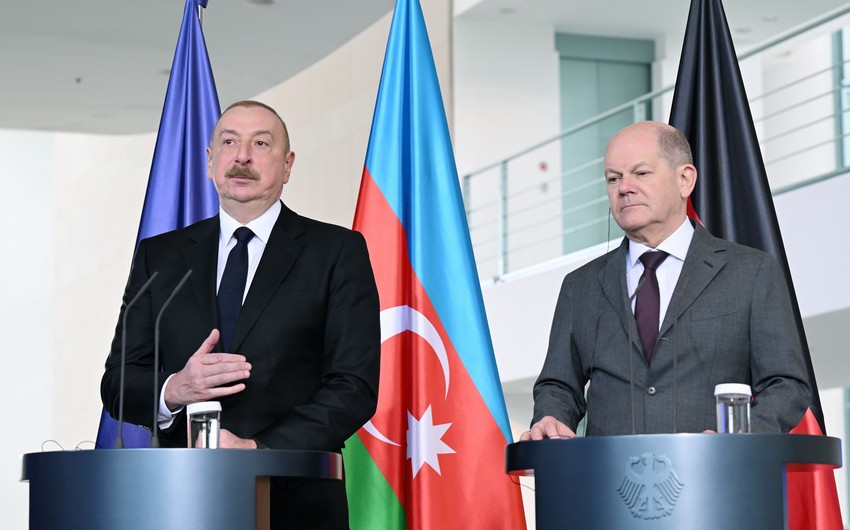
.jpg)
